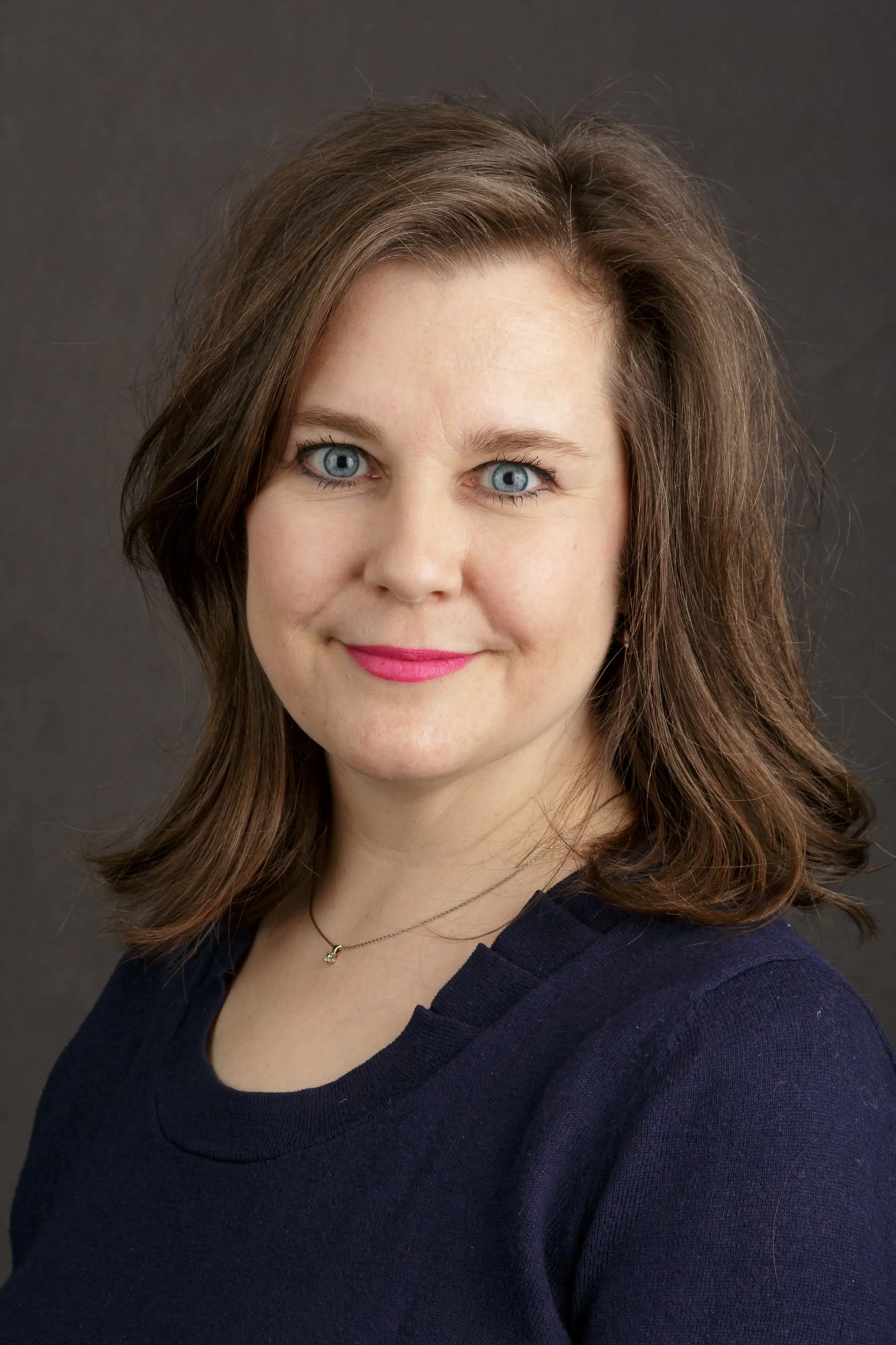Meet the Dashboard: Catherine Freeland
Feb. 13, 2024
Catherine Freeland
We're excited to introduce the City Health Dashboard's newest member of the leadership team, Catherine Freeland. Catherine joins the Dashboard as the Co-Director of Programs, Engagement, and Administration. She brings with her over 20 years of public health, healthcare, academic medicine, higher education, and non-profit experience. She received her MPH from Columbia University and is currently obtaining her doctorate at City University of New York’s Graduate School of Public Health and Health Policy.
CHDB: Your experience seems pretty diverse with your undergraduate degree in theater, a master’s in health administration, work experience at academic medical centers, and overseeing communications for national health initiatives. Can you tell us a little bit about your background and how it informs your perspective?
CF: Starting out as an actor is definitely not the normal path to a career in public health! But my training instilled early on the value of listening, and the importance of understanding other people’s perspectives that may be wholly different from my own. That has served me well in doing community-engagement work. For the past 7+ years, I've been working in a very narrow niche of public health communications, where I have focused on engaging underrepresented communities in biomedical research. I was honored to serve as Program Director of the National Institutes of Health’s All of Us Research Program at Columbia University Medical Center, where I also led communications and engagement for the NYC All of Us consortium, including Harlem Hospital and Weill Cornell. From this work, I was recruited to NYU Langone where I served as the Program Director for Communications and Engagement for the RECOVER Initiative, an NIH-funded, nationwide effort to understand Long COVID. Being at the Dashboard brings me back to my days of doing grassroots advocacy for public health issues and I am excited to continue this journey!

CHDB: You clearly have a unique outlook. What excites you about the City Health Dashboard and its mission?
CF: Advocacy has been a big part of my career and has allowed me to help equip whole communities with the tools they need to self-advocate. A free and public resource like the City Health Dashboard and Congressional District Health Dashboard, which enables community members to literally take health data into their own hands, definitely fits the bill.
CHDB: You bring a lot of experience working with national health projects and community health communication campaigns. How do you see tools like ours supporting city and community health initiatives?
CF: I appreciate that both of the Dashboards break down the factors that affect health in a way that is easy to use and understand. What’s great about these sites is that it doesn’t require the user to be an expert in geospatial or statistical systems; you can still see how your neighborhood is affected and use the data to make change in your community. Because of this, it levels the playing field so that local health departments, community-based organizations, and independent researchers can all leverage this data in their own ways to further their efforts to launch initiatives aimed at improving population health.
CHDB: Right now, you’re working on growing the impact of both the City Health Dashboard through partnering with cities nationwide, while also growing our partner site, the Congressional District Health Dashboard.
CF: Our tools are vital, especially in an election year. Members of the media need resources to prepare for candidate interviews and constituents need data to hold candidates and incumbents accountable. Cities are still reeling from the public health crisis of COVID, and there has been a backlash in some communities about continuing to support public health. Having data is critical to understanding where the greatest needs lie and how to measure improvements going forward.
CHDB: What would be your ideal metric to add to the Dashboard?
CF: Access to clean water has contributed to many of the world’s public health advancements and improvements, yet there are too many communities in our country that can’t safely access water for themselves and their families. Many communities are deeply affected by the effects of our aging infrastructure, and lead exposure through pipes has devastated too many communities. It’s exciting to see the EPA working to address those issues, but I hope we can illuminate the areas impacted through data on the Dashboard soon.
CHDB: Finally, tell us something that will let us get to know you outside of your work experience and interests. Any interesting hobbies or talents?
CF: I recently started coursework toward a PhD in community health and health policy at CUNY School of Public Health, which I have found to be thrilling! In addition, my husband is still involved in the performing arts, so I love getting to tag along to all the amazing performances available in NYC.